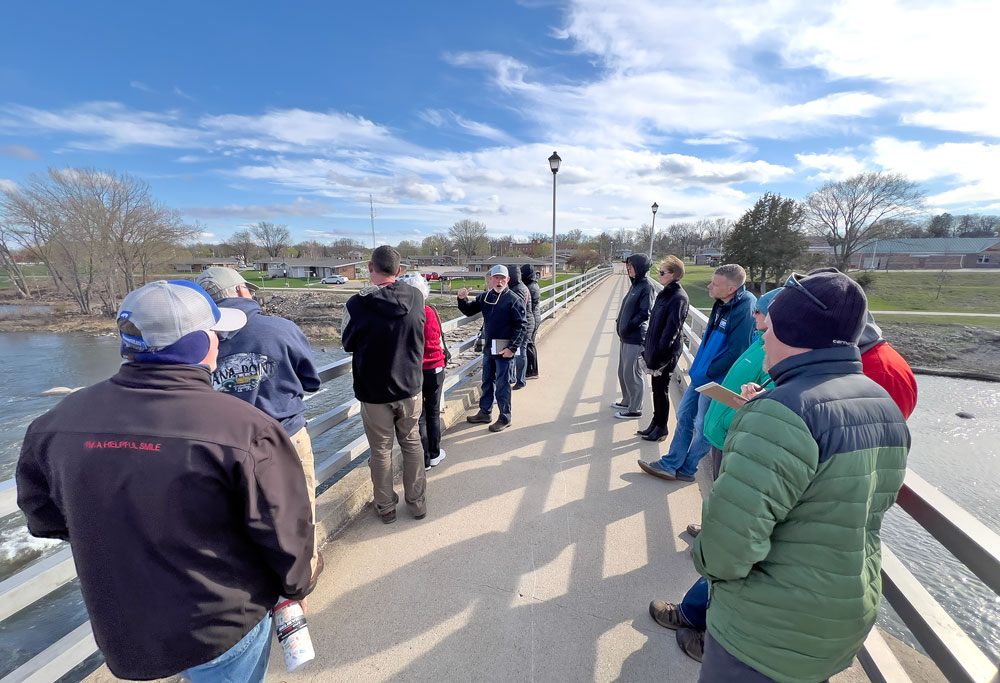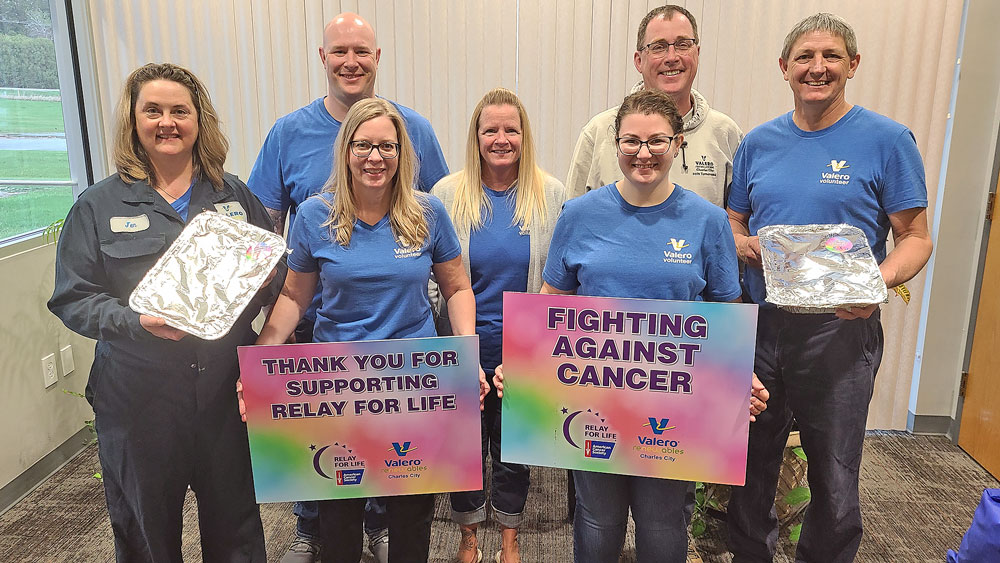City Notes: Ethics guide development staff, board
By Tim Fox, Executive Director Charles City Area Development Corp.
As a certified economic development practitioner, I undergo mandatory ethics training every three years. I thought it instructive to discuss the ethical countenance of myself as executive director as well as the board of directors of the Charles City Area Development Corp.
The Charles City Area Development Corp. Ethics Policy was approved by the board of directors in 2011. The first nine items deal with “Practitioner Ethical Governance,” adopted from the International Economic Development Council Code of Ethics. These include bringing respect to the profession and her/his constituencies; to practice with integrity and honesty; to represent the overall community interest; cooperate with peers to better themselves and the profession; and, that the professional conduct activities without regard to race, religion, sex, sexual orientation, national origin, political affiliation, disability, age, socio-economic status or marital status.
There are two ethical elements which confound economic developers.
Our code states, “Professional economic developers shall openly share information with the governing body according to protocols established by the body. Such protocols shall be disclosed to clients and the public.”
However, the preceding section states, “Professional economic developers shall maintain in confidence the affairs of any client, colleague or organization and shall not disclose confidential information obtained in the course of professional activities.”
So, on the one hand we have the need to inform the public and governing bodies; on the other hand, the call for confidentiality. It is my job to keep private business matters private unless otherwise instructed by the client, or should the project come up for public deliberation.
Communities who lack the reputation for maintaining confidentiality rarely get projects — once a reputation for loose lips is earned it is virtually impossible to shake. Local governments in Floyd County do an exceptional job of trusting CCADC to harbor confidential projects.
Ethics consists of adhering to higher standards than merely adhering to the rule of law. United States Supreme Court Chief Justice Potter Stewart once famously
stated, “Ethics is knowing the difference between what you have a right to do and what is right to do.”
Ethics are particularly critical in economic development, in that we are spending other people’s money – the local governments/ taxpayers, financial institutions and businesses that fund economic development activities. We take a “common good” approach whereby we quantify variables to the greatest extent conceivable to benefit the community as a whole.
Similarly, we want federal and state agencies to have confidence in us, that programs are going to be implemented competently and fairly. It is important that internal and external supporters buy into our plan of work.
I take my ethical responsibilities very seriously and realize that to succeed long-term it takes a very sound idea of who we are and what we stand for as a community. That is, it is important to not oversell your community and pretend to have attributes which you do not.
CCADC strives for organizational competency while embracing honesty and plain dealing.
The CCADC Ethics Policy also stipulates that a five-person Code of Conduct Committee investigate any potential cases of ethical malfeasance relating to waste, fraud, abuse, conflict of interest or discrimination.
This board would investigate my behaviors, if so accused, or any board members or agency volunteers or other staff. This due diligence and fact finding are intended to preserve the integrity of our economic development offering.
Although not required by law, our board of director meetings are open to the public. You are more than welcome to attend monthly meetings, typically conducted the fourth Wednesday at 4 p.m. at the Charles City Public Library.







Social Share